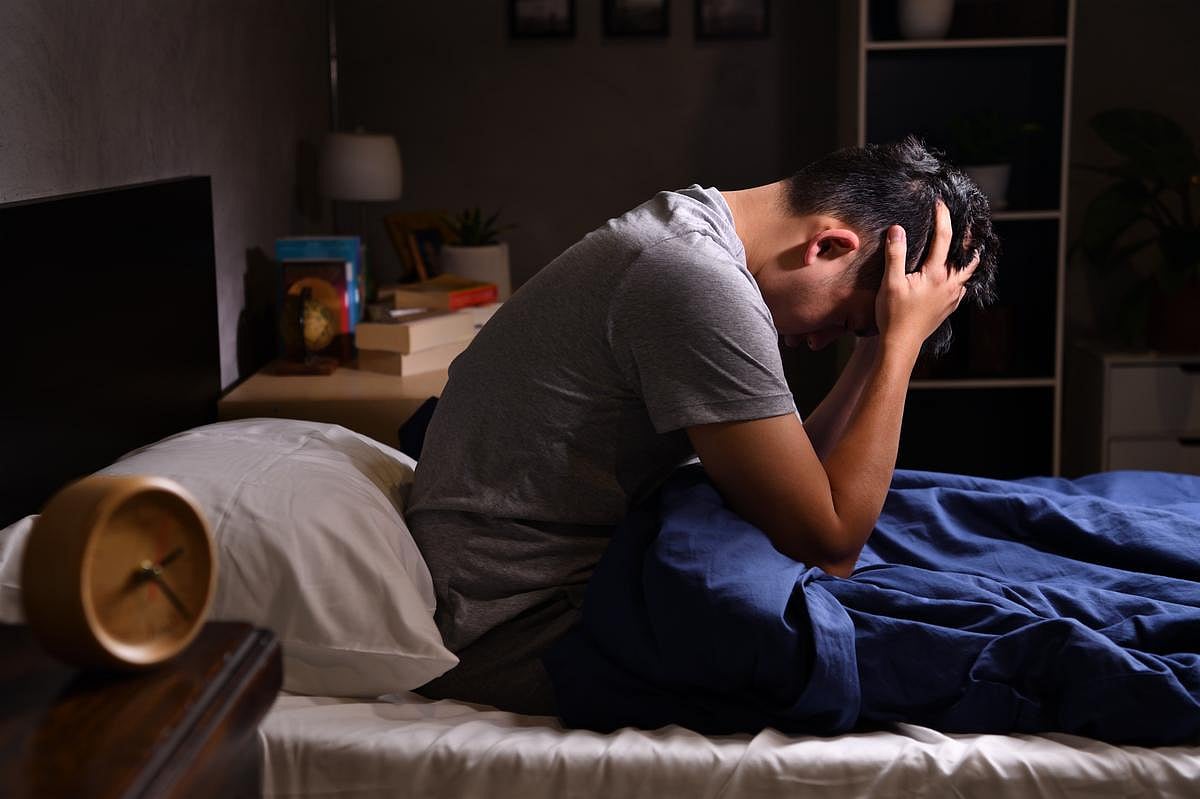(330) 876-1228
8507 Main StreetKinsman, OH 44428
(330) 876-1229

If anxiety over this year’s presidential election is keeping you up at night, you’re not alone.
About 17% of all U.S. adults -- a striking 45 million Americans -- say the election has negatively impacted their sleep, according to a survey by the National Sleep Foundation.
These folks are sleeping less on the weekend and have poorer sleep quality overall, the survey found.
The negative impact on sleep of the 2024 presidential election cut across all groups, including political party affiliation, results showed.
“The dynamics of stressful societal events like elections and election day can adversely affect the public’s mood, and in turn sleep health, which is critical for health and well-being,” Joseph Dzierzewski, senior vice president for research and scientific affairs at the National Sleep Foundation (NSF), said in an NSF news release. “This reinforces the importance of addressing sleep health during periods of high stress.”
Anxiety and sleeplessness can feed on each other, sleep experts say. People who are anxious get poorer sleep, and people who don’t sleep well are more prone to anxiety.
People affected by the election are getting about 7 hours of sleep on the weekend, nearly a half hour less than those who say their sleep hasn’t been disturbed by politics, results showed.
On a scale of 1 to 5 (1 being excellent and 5 being poor), those worried about the election had an average sleep quality of about 3.36, compared to 2.05 for those not affected by politics.
About 18% of Democrats say they’ve lost sleep over the election, compared with 17% of Republicans and 16% of independents.
Candidates and their consultants and campaign managers could help by taking into account how their messages might affect the sleep health and well-being of the American public, the NSF concluded.
“For example, campaign strategies and reporting that exaggerate potential negative election outcomes and fuel strong emotional reactions from the public could have downstream negative effects on sleep health, with potential subsequent consequences for broader health, wellbeing and safety outcomes,” the report said.
The survey included 1,364 adults polled across the nation two months before election day, the NSF said.
More information
Harvard Medical School has tips for beating anxiety to get a good night’s sleep.
SOURCE: National Sleep Foundation, news release, Oct. 29, 2024
